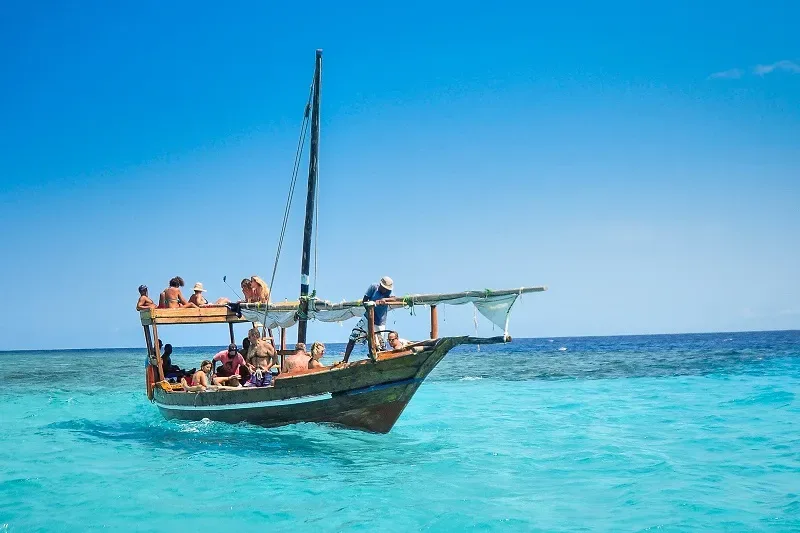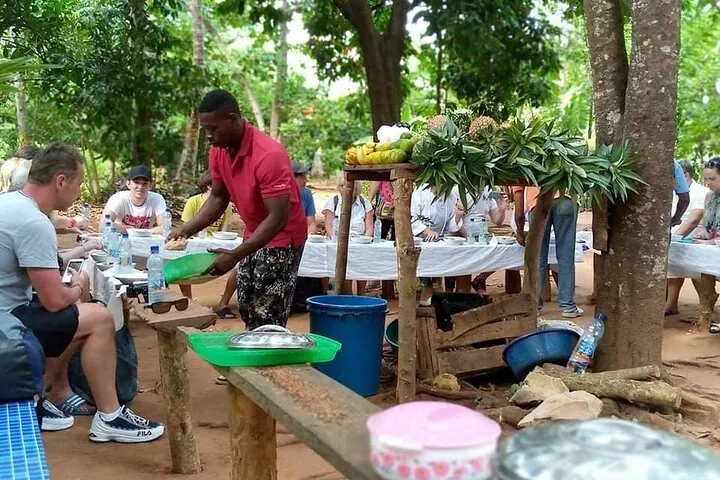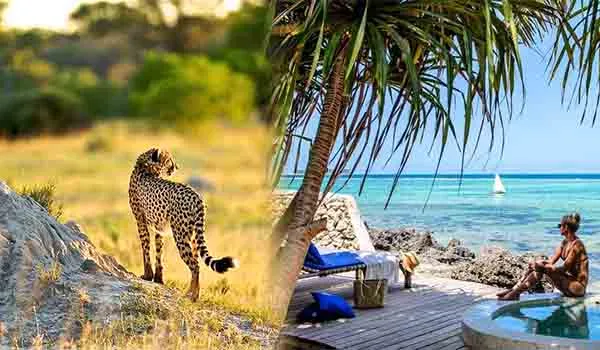Safety & Health in Zanzibar – Travel Tips for Visitors
Is Zanzibar safe for tourists? Absolutely, with the right precautions. This guide covers essential Zanzibar safety tips, health advice, vaccinations, and travel insurance to ensure a worry-free trip. From staying safe in Stone Town to malaria prevention and cultural respect, Capable Africa Tours shares practical insights for solo travelers, families, and adventurers visiting this tropical paradise.
Plan a Safe Zanzibar Adventure
Is Zanzibar Safe for Tourists?
Zanzibar is generally a safe destination for tourists, particularly in popular areas like Stone Town, Nungwi, and Kendwa. Crime in Zanzibar is low compared to many urban destinations, but petty theft, such as pickpocketing, can occur in crowded markets or tourist hotspots. To ensure safe travel in Zanzibar, stick to well-lit areas at night, avoid displaying valuables, and book guided tours with reputable operators like Capable Africa Tours. Solo travel safety in Zanzibar is also strong, especially for women, as long as common-sense precautions are followed, such as dressing modestly and avoiding isolated beaches after dark.
Health Precautions for Zanzibar Travel
Zanzibar travel health requires preparation to stay safe and comfortable. The tropical climate means mosquito protection in Zanzibar is critical due to the risk of malaria. Use DEET-based repellents, wear long sleeves at dusk, and sleep under treated mosquito nets, especially in rural areas. Drinking water in Zanzibar is not safe from the tap, so stick to bottled or filtered water, even for brushing teeth. Medical facilities in Zanzibar are limited, with basic clinics in Stone Town and larger hospitals in Dar es Salaam. For serious medical needs, travel insurance for Zanzibar with emergency evacuation coverage is highly recommended.
Vaccinations for Zanzibar
Before traveling, consult your doctor about vaccinations for Zanzibar. A yellow fever vaccination is mandatory if arriving from an endemic area, and a certificate may be required at entry. Hepatitis A, typhoid, and tetanus shots are strongly advised due to food and waterborne risks. For malaria in Zanzibar, discuss prophylaxis options like Malarone or doxycycline with your healthcare provider. Ensure vaccinations are completed at least 4–6 weeks before departure to allow immunity to build.
Staying Safe in Stone Town
Stone Town, Zanzibar’s cultural heart, is safe but requires awareness. Its narrow alleys can be disorienting, so consider a guided tour to navigate confidently. Avoid walking alone in poorly lit areas at night, and keep bags secure in crowded markets. Cultural respect in Zanzibar is key—dress modestly (covering shoulders and knees) to honor the predominantly Muslim culture. Engaging with locals respectfully enhances your safety and enriches your experience.
Beach Safety Tips for Zanzibar
Zanzibar’s beaches, like Nungwi and Paje, are stunning but require caution. Swim in designated areas, as strong tides and currents can be hazardous. Avoid isolated beaches at night to minimize risks. Use reef-safe sunscreen to protect both your skin and the delicate marine ecosystem. If snorkeling or diving at Mnemba Atoll, book with licensed operators to ensure safety equipment and trained guides.
Travel Insurance for Zanzibar
Travel insurance for Zanzibar is a must to cover unexpected medical emergencies, trip cancellations, or lost belongings. Choose a policy that includes adventure activities like diving or kitesurfing, as these are popular in Zanzibar. Ensure coverage for medical evacuation, as advanced medical facilities in Zanzibar are limited. Compare plans to find one that suits your itinerary and budget.
Mosquito Protection and Malaria Prevention
Malaria in Zanzibar is a risk, particularly during the rainy seasons (March–May and November). Beyond prophylaxis, use mosquito protection strategies like wearing long, light clothing, applying insect repellent regularly, and staying in accommodations with screened windows or air conditioning. Check with your hotel about mosquito nets, and carry a portable one if staying in budget lodgings.
Cultural Respect and Safety
Zanzibar’s predominantly Muslim culture values modesty and respect. Dress conservatively in Stone Town and villages, avoiding revealing clothing. Ask permission before photographing locals, especially women. Learn basic Swahili phrases like “Jambo” (hello) or “Asante” (thank you) to show respect. Cultural sensitivity not only ensures your safety but also fosters positive interactions with locals.
Solo Travel Safety in Zanzibar
Solo travel safety in Zanzibar is achievable with planning. Stick to popular areas like Kendwa or Jambiani, where resorts and hostels cater to solo travelers. Join group tours for activities like spice tours or dhow cruises to meet others and enhance safety. Inform your accommodation of your plans, and keep emergency contacts handy. Solo travelers, especially women, should avoid walking alone at night and trust their instincts.
Emergency Contacts and Medical Facilities
Medical facilities in Zanzibar are basic, with the Mnazi Mmoja Hospital in Stone Town being the primary public option. Private clinics like Zanzibar Medical and Diagnostic Centre offer better care but are limited. For emergencies, call +255 24 223 1071 (Mnazi Mmoja Hospital) or keep your embassy’s contact details. Travel insurance with 24/7 emergency support is crucial for peace of mind.
Crime in Zanzibar: What to Know
Crime in Zanzibar is relatively low, but petty theft like bag-snatching can occur in busy areas. Keep valuables in a hotel safe, use a money belt, and avoid flashing expensive items. Violent crime is rare, but stay vigilant in crowded markets or during festivals. Booking with trusted operators like Capable Africa Tours ensures safe, guided experiences.
Food and Water Safety
Avoid tap water and opt for bottled or filtered water to prevent waterborne illnesses. Be cautious with street food—choose vendors with high turnover and good hygiene. Peel fruits and avoid raw vegetables unless washed in safe water. Restaurants in tourist areas like Stone Town or Nungwi generally follow good hygiene practices, but always check reviews.
Traveling During Rainy Seasons
The rainy seasons (March–May and November) increase health risks like malaria and can make roads slippery. Pack waterproof gear, use sturdy shoes, and plan indoor activities like visiting Stone Town’s museums. Check weather forecasts and avoid boat trips during rough seas. Capable Africa Tours can tailor itineraries to suit rainy season travel.
Travel Safely with Capable Africa Tours
Ready to explore Zanzibar with confidence? Capable Africa Tours offers expert-guided tours, tailored itineraries, and safety-focused travel experiences. From Stone Town’s historic charm to safe snorkeling at Mnemba Atoll, we ensure your trip is secure and unforgettable. Contact us to plan your dream Zanzibar adventure!
- Safety-First Guided Tours
- Customizable Itineraries for All Travelers
- Expert Advice on Health and Safety
- 90% Customer Satisfaction Rate
- Sustainable and Responsible Tourism



